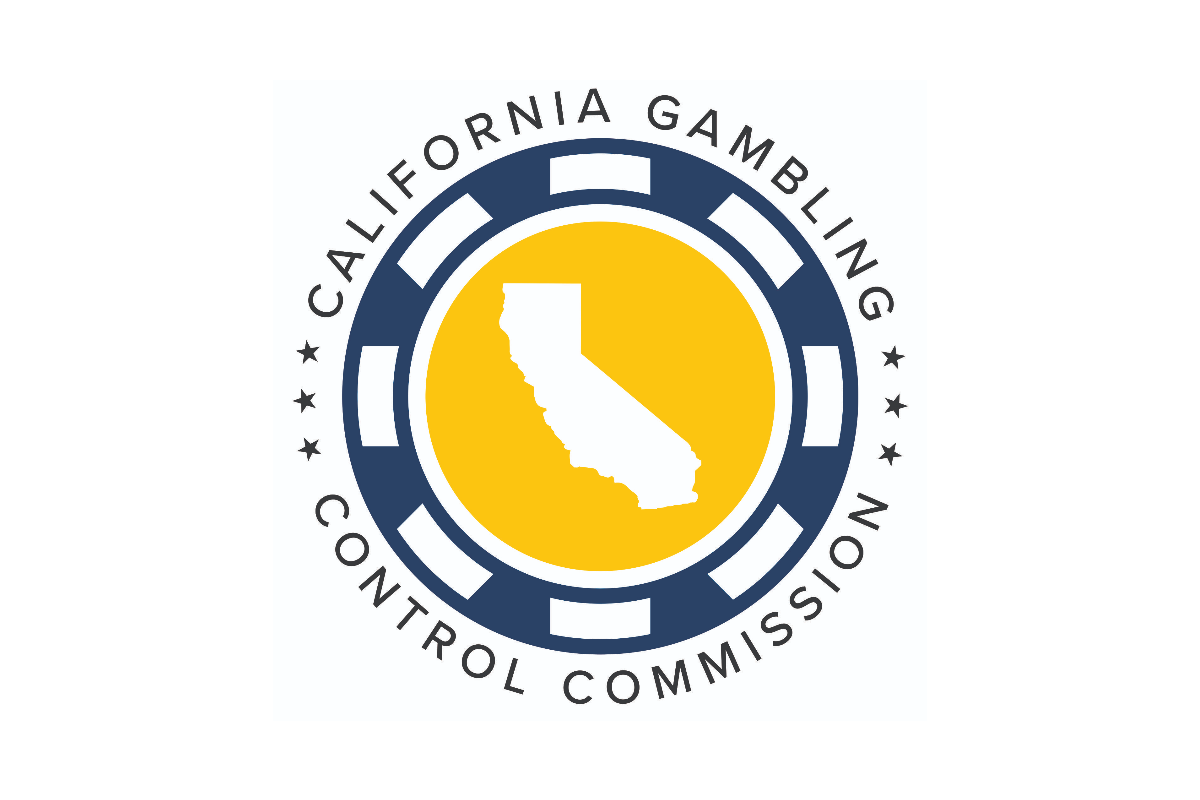PA Gaming Control Board Levies Fines Totaling $105,000
The Pennsylvania Gaming Control Board approved fines totaling $105,000 against two casino operators.
The fines were the result of Board approvals at its public meeting of consent agreements between the PGCB’s Office of Enforcement Counsel and:
- Holdings Acquisitions, Co., LP, operator of the Rivers Casino in Pittsburgh, a fine of $90,000 for underage gaming; and,
- Sugarhouse HSP Gaming, LP, operator of SugarHouse Casino in Philadelphia, a $15,000 fine for an intoxicated patron incident.
DETAILS
The fine of $90,000 levied against Holdings Acquisitions, Co., LP stemmed from 7 incidents in which individuals under the age of 21 accessed the gaming floor:
- A 17-year-old female gained access onto the gaming floor and wagered at slot machines;
- A 20-year-old female gained access onto the gaming floor, wagered at slot machines, and was served alcohol;
- A 20-year-old male gained access onto the gaming floor, wagered at table games, and was served alcohol;
- A 20-year-old male gained access onto the gaming floor, wagered at table games, and was served alcohol;
- A 20-year-old male gained access onto the gaming floor, wagered at table games, and was served alcohol;
- A 20-year-old female gained access onto the gaming floor, wagered at both slot machines and table games, and was served alcohol; and,
- A 20-year-old female gained access onto the gaming floor, wagered at slot machines, and was served alcohol.
The fine of $15,000 against Sugarhouse HSP Gaming, LP stemmed from a failure to properly monitor the serving of complimentary alcoholic drinks to a patron which permitted the patron to game in an intoxicated state and cause multiple disturbances at the casino.
The next regular meeting of the Pennsylvania Gaming Control Board is scheduled for 10:00 a.m., Wednesday, June 12, 2019 in the PGCB’s Public Hearing Room located on the second floor of the Strawberry Square Complex in Harrisburg.
About the Pennsylvania Gaming Control Board:
The Pennsylvania Gaming Control Board is tasked to oversee all aspects of the state’s casino industry, including sports wagering offered currently at eight locations. The oversight also includes other new gaming initiatives, expected to be launched in the coming months, which were created through Act 42 of 2017, an amendment to the Race Horse Development and Gaming Act.
The Commonwealth’s casino industry currently consists of 10 stand-alone and racetrack casinos in operation, along with the two smaller resort casinos. These facilities collectively employ over 16,000 people and annually generate approximately $1.4 billion in tax revenue from slot machine and table games play. The largest portion of that money is used for property tax reduction to Pennsylvania homeowners.
Additional information about both the PGCB’s gaming regulatory efforts and Pennsylvania’s gaming industry can be found at gamingcontrolboard.pa.gov. You can also follow the agency on Twitter by choosing @PAGamingControl.
Source: Pennsylvania Gaming Control Board






